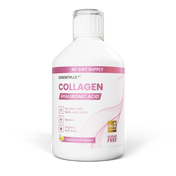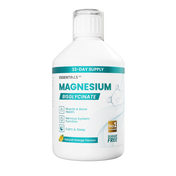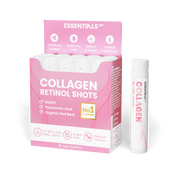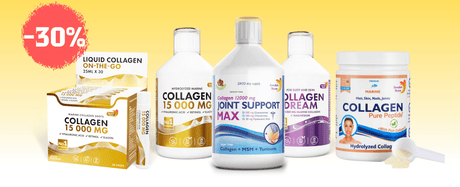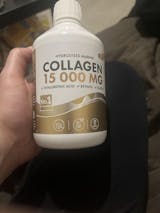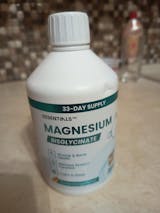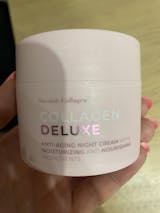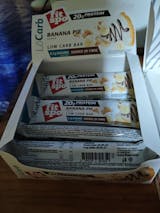What is Hyaluronic Acid?
Hyaluronic acid (HA) is a naturally occurring substance found in our bodies. It's a humectant, meaning it attracts and retains moisture. This makes it a powerful ally for keeping skin hydrated, plump, and youthful. Hyaluronic acid is particularly effective because it can hold up to 1000 times its weight in water, making it a true hydration powerhouse.
Benefits of Hyaluronic Acid for Skin
Hyaluronic acid offers a wide range of benefits for your skin, making it a popular ingredient in skincare products.
1. Hydration and Moisture Retention
As a humectant, hyaluronic acid draws moisture from the air and binds it to the skin, effectively combating dryness and dehydration. This leads to a plumper, smoother, and more supple complexion.
2. Anti-Aging Effects
Hyaluronic acid's moisture-retaining properties help to plump up the skin, reducing the appearance of fine lines and wrinkles. It also promotes collagen production, which further contributes to a youthful look.
3. Wound Healing
Hyaluronic acid plays a vital role in wound healing by promoting cell growth and reducing inflammation. It also helps to create a protective barrier over the wound, aiding in quicker recovery.
4. Skin Elasticity and Firmness
By improving hydration and promoting collagen production, hyaluronic acid helps to enhance skin elasticity and firmness. This can lead to a more defined and lifted appearance.
5. Protection Against Environmental Damage
Hyaluronic acid acts as a protective shield against environmental aggressors like pollution and UV rays. It helps to maintain the skin's moisture barrier, preventing damage and premature aging.
Types of Hyaluronic Acid Products
Hyaluronic acid is available in various forms, each catering to different skin needs:
- Serums: Highly concentrated hyaluronic acid serums deliver intense hydration and plumping effects.
- Moisturizers: Hyaluronic acid is often incorporated into moisturizers to provide long-lasting hydration and improve the skin's texture.
- Masks: Sheet masks and clay masks containing hyaluronic acid offer a burst of moisture and help to soothe and calm the skin.
- Eye creams: Hyaluronic acid is a key ingredient in eye creams, addressing concerns like dryness, fine lines, and dark circles.
How to Use Hyaluronic Acid
Hyaluronic acid is generally safe for most skin types. To maximize its benefits:
- Apply it to damp skin: Hyaluronic acid works best when applied to slightly damp skin, as it helps to attract and retain moisture.
- Layer it with other products: Hyaluronic acid can be used in conjunction with other skincare products like serums, moisturizers, and sunscreens.
- Choose the right product: Select products that suit your specific skin type and concerns.
- Start with a small amount: Begin with a small amount of product and gradually increase the amount as needed.
- Use consistently: For best results, use hyaluronic acid products consistently as part of your daily skincare routine.
Side Effects and Precautions
Hyaluronic acid is generally well-tolerated, but some individuals may experience mild side effects such as:
- Redness
- Itching
- Dryness
If you experience any severe or persistent reactions, discontinue use and consult a dermatologist.
Conclusion
Hyaluronic acid is a versatile and effective skincare ingredient that can significantly enhance the health and appearance of your skin. Its hydrating, anti-aging, and protective properties make it a true skin-saving superstar. By incorporating hyaluronic acid into your skincare routine, you can achieve a more youthful, radiant, and healthy complexion.




